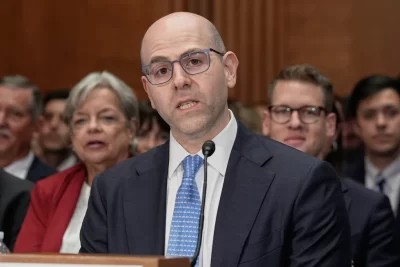
WASHINGTON — The federal judge presiding over the classified documents case against former President Donald Trump granted a request by prosecutors on Tuesday aimed at protecting the identities of potential government witnesses.
But U.S. District Judge Aileen Cannon refused to categorically block witness statements from being disclosed, saying there was no basis for such a “sweeping” and “blanket” restriction on their inclusion in pretrial motions.
The 24-page order centers on a dispute between special counsel Jack Smith’s team and lawyers for Trump over how much information about witnesses and their statements could be made public ahead of trial. The disagreement, which had been pending for weeks, was one of many that had piled up before Cannon and had slowed the pace of the case against Trump — one of four prosecutions he is confronting.
The case remains without a firm trial date, though both sides have said they could be ready this summer. Cannon, who earlier faced blistering criticism over her decision to grant Trump’s request for an independent arbiter to review documents obtained during an FBI search of Mar-a-Lago, made clear her continued skepticism of the government’s theory of prosecution, saying Tuesday that the case raised “still-developing and somewhat muddled questions.”
In reconsidering an earlier order and siding with prosecutors on the protection of witness identities, Cannon likely averted a dramatic exacerbation of tensions with Smith’s team, which last week called a separate order from the judge “fundamentally flawed.”
The issue surfaced in January when defense lawyers filed in partially redacted form a motion that sought to require prosecutors to turn over a trove of documents that they said would bolster their claim that the Biden administration had sought to “weaponize” the government in charging Trump.




